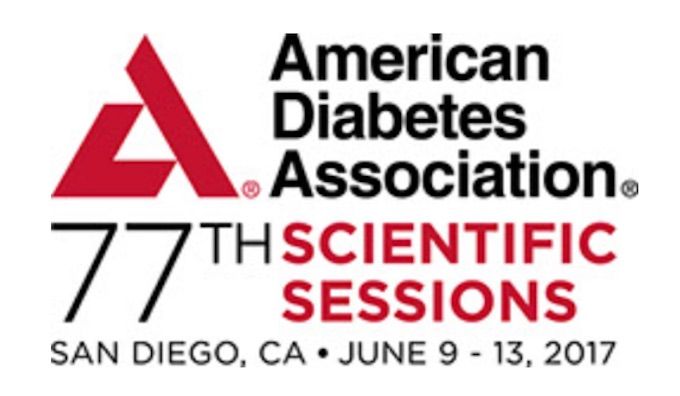Single Dose of Glucagon Receptor Antibody Found to be as Effective in Reducing Insulin Need
Human antibody may substantially reduce need for insulin in patients with T1D.

In a study presented on the last day of the American Diabetes Association (ADA)’s 77th Scientific Sessions in San Diego, researchers shared their trial results on REMD-477, a drug that blocks glucagon.
According to lead author Jeremy Pettus, MD, assistant professor of medicine in the endocrinology department at the University of California San Diego, the results of this short-term study are promising. “Our study strongly supports the long-held theory that blocking glucagon may have a significant clinical impact on care for people with type 1 diabetes [T1D] by improving glucose levels and lowering insulin doses,” he said. “We expected that the drug [REMD-477] would have an effect, yet the degree to which the drug reduced the need for insulin and improved patients’ blood sugar levels without increasing hypoglycemia events was a surprise.”
The study found that a single dose of REMD-477 can substantially reduce the amount of insulin patients with T1D need and improve glucose levels without increasing hypoglycemia.
Glucagon, a hormone produced by the pancreas, raises blood glucose and works with insulin. In individuals with diabetes, the effects of glucagon may not be appropriately balanced by insulin, which has the opposite effect of tightly regulating blood glucose concentrations, resulting in elevated blood glucose levels.
REMD-77 is a fully human antibody that specifically binds to and blocks the glucagon receptor signaling. It is indicated for the treatment of metabolic disorders, including T1D. The antibody was discovered with Xenomouse technology, which recapitulates a human antibody response in a mouse model; the antibody sequences are fully human.
The double-blind, randomized, placebo-controlled study enrolled 21 adult patients with T1D. Prior to being admitted for the 5-day in-patient observation period, the 8 men and 13 women had their glucose levels measured by Continuous Glucose Monitoring (CGM). While they were under observation, all of the patients received the same meals as well as a continuous intravenous insulin infusion to help maintain their glucose levels.
On day 2 of observation, 10 of the 21 patients received a single 70-mg subcutaneous injection of REMD-477. The remaining 11 patients received a placebo injection.
The daily insulin use and glucose levels of the patients who received REMD-477 were compared on day 1 versus day 4 of observation with the patients who received the placebo. The results showed that the patients who received REMD-477 were able to reduce their daily insulin use by 26% (12 units), compared with the patients who received the placebo (P = .02).
All of the participants received CGM for 8 weeks after the inpatient observation. The average daily glucose levels assessed by CGM were 20 mg/dL to 31 mg/dL lower in the patients who had received the REMD-477 than they were in the patients who had received the placebo during the 3 weekly periods after the inpatient observation (P < .05). In addition, the blood glucose levels of the patients who had received REMD-477 improved without increasing low-blood glucose events, such as hypoglycemia. Given the long-acting nature and persistent blood concentrations of REMD-477, the researchers said it is likely that patients may be dosed once per week.
While this study measured the effect of the glucagon-blocking drug after only 1 injection, the researchers said that a follow-up study will focus on treating more patients over a longer period and will compare weekly injections of 2 different dose strengths. They said that the results of the follow-up study should provide a more complete picture of how REMD-477 may affect blood glucose levels, insulin use, and weight in patients with T1D in an outpatient setting.